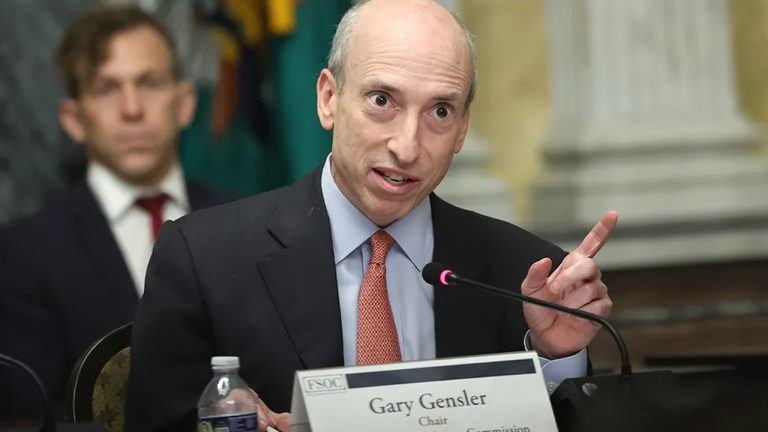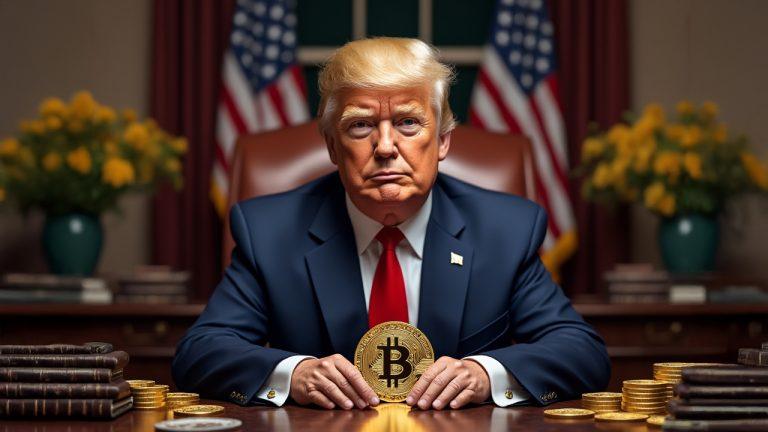
BUSD: A case study for stablecoin compliance and security

Are stablecoins really stable? An in-depth case study based on the third-biggest stablecoin in the world answers the industry’s most pressing concerns.
Stablecoins have emerged as significant players in the crypto market this year, driven by user demand for flexible liquidity in fiat currency times. These currencies are defined as a type of digital currency that can be pegged to underlying real-world assets or backed by them. These assets can be anything from fiat money, commodities like gold or silver, or even another cryptocurrency. As their name suggests, stablecoins are designed to have a value that stays (rather) stable like cash, a contrast to the volatility common in cryptocurrency trading today.
To further illustrate this scenario, a typical fiat-backed stablecoin might involve the token issuer holding 100,000 tokens, each worth $1 USD. Token holders can trade these coins, similar to any other cryptocurrency. The major difference is that the holder can also redeem the coins for an equivalent amount of USD at any time. Since USD is fairly stable, users don’t have to worry that their money will lose its value overnight. As a result, according to CoinMarketCap, there is currently 120 billion dollars worth of stablecoins in circulation.
Although stablecoins have risen as an opportunity to reduce volatility, various segments of the crypto industry have brought up questions about their centralized nature. Since there is no way for the issuer to prove the number of backing funds, a 1:1 peg of major stablecoins to their backing assets, like the U.S. dollar and other fiat currencies, may not mean much, especially without proper regulation. That said, their potential is still evident in many everyday use cases.
To help prove their use, Binance launched BUSD with Paxos in 2019. A major driving force behind this release was ensuring that every unit of the stablecoin was verifiably backed with U.S. dollars and compliant with regulatory and public standards.
A question of reserves
To give users peace of mind and provide more credibility to questions about reserves, BUSD’s assets in USD are being held in FDIC-insured banks. In a reserve report from Paxos, 96% of BUSD’s total market capitalization is backed by cash and other cash equivalent reserves, and US Treasury Bills back 4%.

To further guarantee these numbers, BUSD continues to be one of the few stablecoins that provide a monthly audited report of their reserves. Therefore, any BUSD holder can verify at any point in time that the supply of BUSD tokens is consistent with the USD being held and managed by Paxos..
The combination of audits and additional measures to verify BUSD’s asset holding are increasingly crucial in addressing one of the main concerns brought up by the industry today.
Maintaining compliant
The second primary concern with stablecoins today is the current regulation gap, which many believe offers little investor protection, especially in fraudulent activities. Addressing this, BUSD continues to adhere to the highest compliance standards held by the New York State Department of Financial Services (NYDFS). Having a regulator has allowed BUSD to become “Green listed” by regulatory bodies, making it pre-approved for custody and trading by existing virtual currency licenses.
Paxos, their stablecoin issuer, is also regulated by the same body, which ensures:
- The value of each stablecoin token is directly tied to the U.S. dollar, and the amount of “reserve” funds are at least equal to the number of stablecoins outstanding.
- Regulators are overseeing the establishment and maintenance of reserves backing the stablecoins.
- Reserves are being held in the safest forms of assets (i.e., Treasury bills, insured bank accounts).
- Reserves are fully segregated from corporate assets and are held bankruptcy-remote according to the New York Banking Law.
This level of regulatory oversight helps maintain consumer confidence in an asset that operates in a largely unregulated industry.
Stablecoins in action
Stablecoins offer several additional benefits to regular cryptocurrencies in the right situation. These often include mitigating the effects of market instability, handling recurring transactions, and building a foundation for decentralized finance (DeFi).
Managing market instability
Cryptocurrency prices have been known to fluctuate drastically based on popular opinion or private business decisions. Traders may then decide to trade their falling cryptocurrency for an asset or fiat-backed stablecoin to protect the value of their digital currency holdings. As a safe haven, investors can reduce risks by leaving their holdings in a more stable investment vehicle.
Daily transactions
Like other fiat currencies, stablecoins can be used for daily transactions such as purchasing a coffee or transferring money to a family member overseas. Fees may be lower than conducting a transaction through the banking system, occur more quickly and ensure the receiver gets a fair value for the trade.
Building DeFi foundations
Finally, stablecoins are essential in the continued growth in the world of decentralization by providing the foundation. BUSD is being used on the Binance Smart Chain (BSC) and Ethereum (ETH) for several different functions, one of the key ones being lending. In the loan setting, users can over-collateralize an existing digital asset with stablecoins to ensure a consistent market price, further preventing any fluctuations caused by the underlying collateral.

Loans are just one example of how stablecoins can provide the stability necessary for the blockchain to continue growing as infrastructure and for cryptocurrencies to take on the role of traditional money as a medium of exchange.
Striving for compliance
With increasing use cases for stablecoins, many believe that the financial industry will be the area that suffers if businesses fail to address these concerns.
For these reasons, BUSD continues to operate with an emphasis on compliance. Doing so can safeguard the trust users and regulators have in stablecoins and open more opportunities for both the public and private sectors. As more stakeholders show acceptance for trusted stablecoins, many believe growth opportunities will follow closely behind.
In a recent virtual press conference, Binance CEO Changpeng “CZ” Zhao shares, “Our view is that it’s great for regulators to be coming in… to get to 10%, 20%, 80%, 99% [crypto] adoption.”
Disclaimer. Cointelegraph does not endorse any content or product on this page. While we aim at providing you all important information that we could obtain, readers should do their own research before taking any actions related to the company and carry full responsibility for their decisions, nor this article can be considered as an investment advice.
Go to Source
Author: Sarah Jansen









